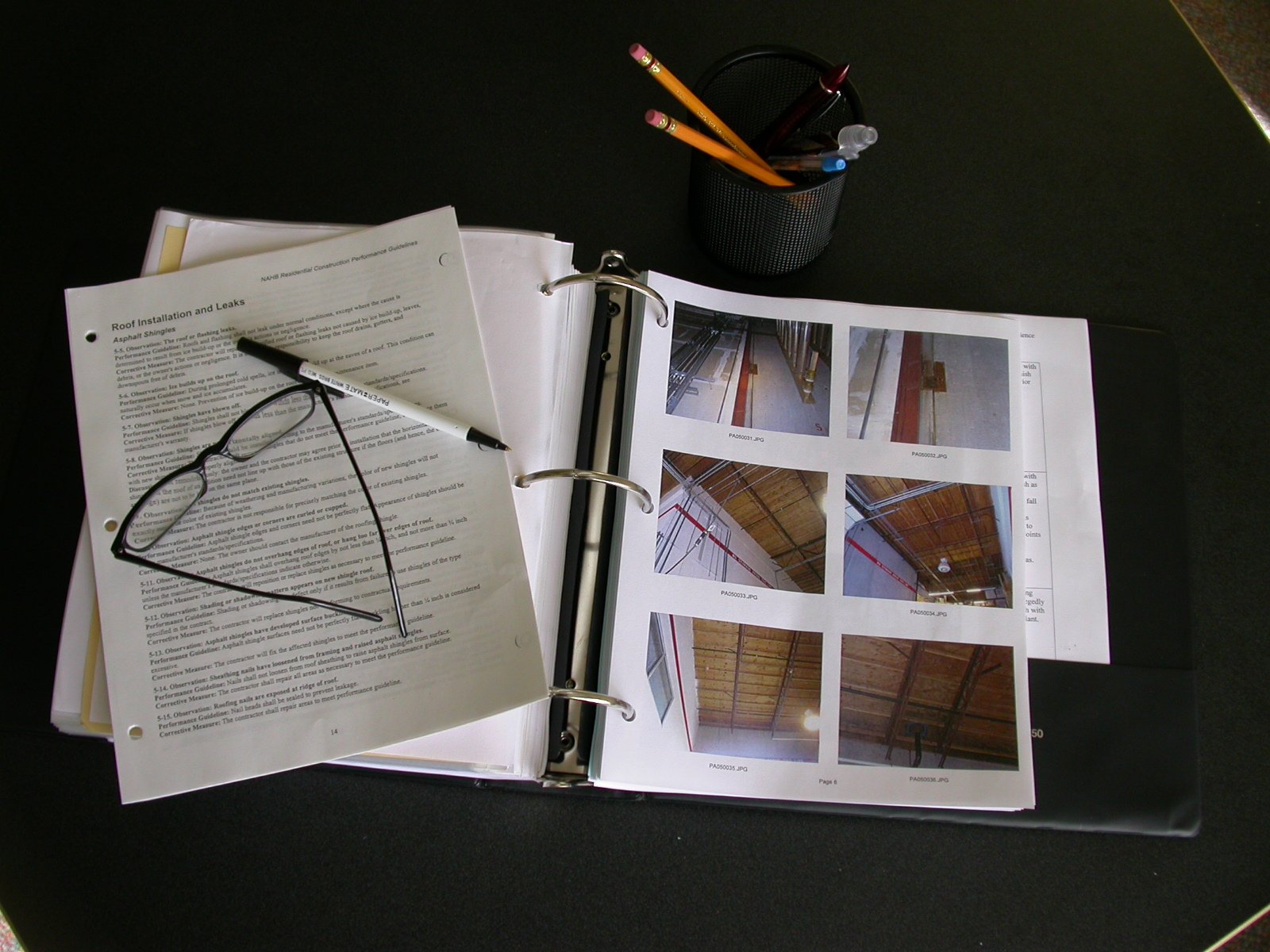Owners - Balancing Collaboration and Trust
/November 2019
by Janet Showalter

Even before a project begins, owners can be better prepared to stay on top of the details and decision-making by having a way to organize their ideas and records. The designer, architect and contractor (the project “partners”) will need the owner’s cooperation in making decisions and choices in a timely manner, so being organized is key. With a system in place, owners will be more confident that what they have conveyed to the partners will be properly addressed. It is helpful to create a notebook to include clippings from magazines, newspapers and brochures to share design ideas with the partners. Add sections to the notebook for: 1) signed contract that includes a projected weekly schedule, 2) invoices, 3) change orders, 4) paint color choices, 5) appliance choices, 6) plumbing fixtures, 7) bids, etc.
After work begins, owners should be very mindful about any changes that need to be made in the design, work and finishes. Good records and communication will help avoid misunderstandings. Other guidelines include the following:
When a cost and contract are proposed, review it with legal and building professionals before signing.
Obtain, review, modify and sign all change orders BEFORE the work on those changes begins. Change orders can either cost more or provide a credit. Keep copies of the signed change orders.
Monitor the project’s schedule and cash flow closely, keeping and organizing all invoices and supporting documentation. This keeps the partners accountable and the owner aware.
Keep a photographic record of the project (before, during and after). Be sure to take distance and close-up photos. Video is also helpful.
Keep a written log of conversations, decisions and daily job diary. Keep all correspondence including texts and phone messages.
Maintain open communication. Most disputes start with lack of communication.
If something is confusing, ask for clarification. Do not wait until it is too late to reconsider.
If satisfactory answers from the partners are not being provided, ask for objective counsel from experts. Surprises cost time and money.
Ensure final “punchlist” items are completed and lien waivers are in hand prior to making final payment.
Trust the partners to do their work. Micro-managing is counterproductive to the end goal of having a harmonious and completed project. Owners doing their part allows the partners to do theirs.
For a fuller scope of collaborating on a project, go to the Consumer Guide in our website.
